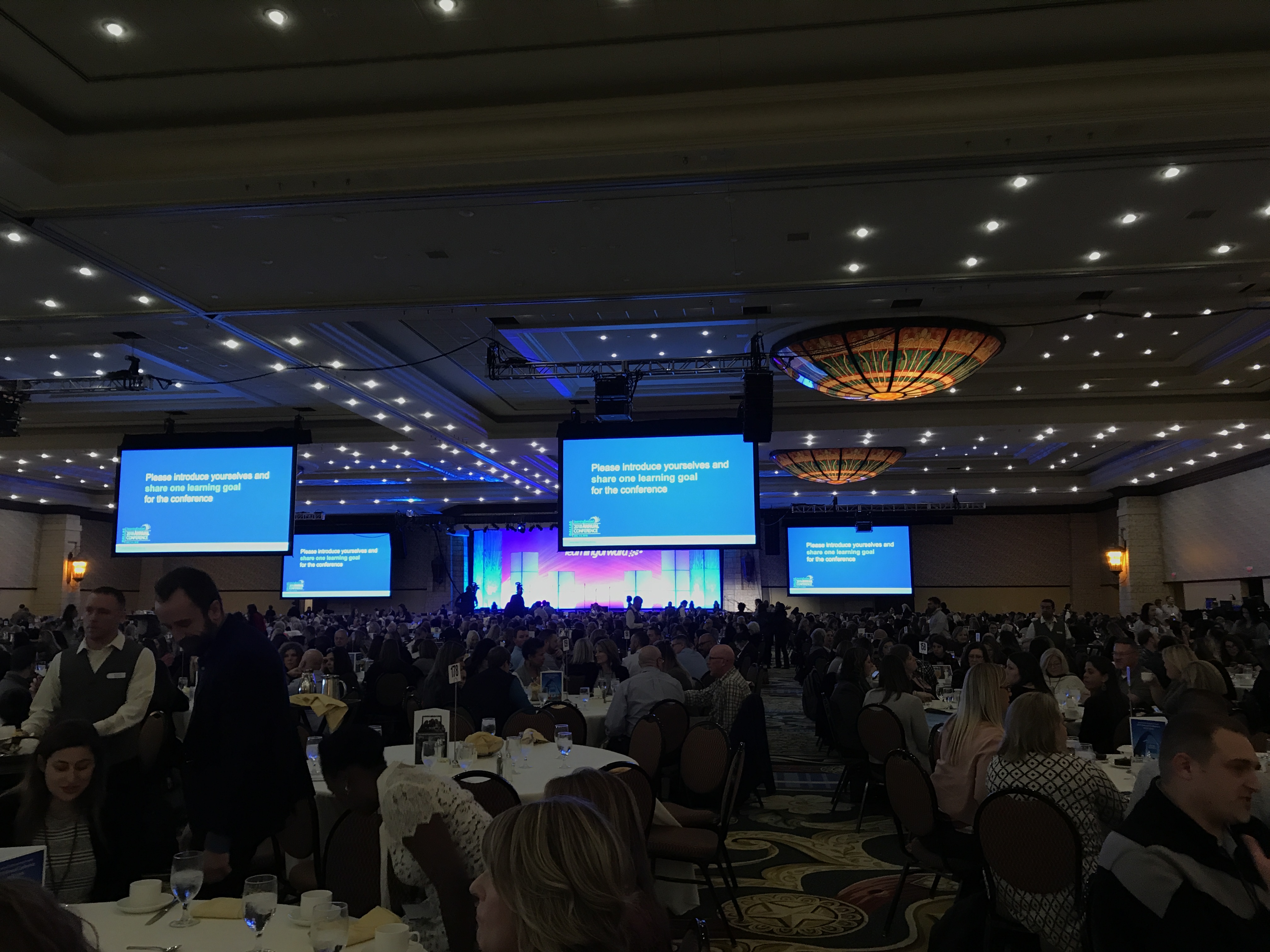
This year’s Learning Forward Annual Conference was impressive in numbers alone: more than 3,200 participants, 400 sessions, five days, and an immeasurable amount of collaboration and knowledge-sharing between educators looking to improve outcomes for their teachers and students.
KickUp was proud to partner with Learning Forward—powering the conference evaluation for all presenters and presenting five concurrent sessions with some of our innovative K-12 partners.
Our team returned home from Dallas exhausted but buzzing with inspiration. In an effort to “pay it forward”, we’ve compiled five of our top learnings from the week:
Central to the conference was the importance of grounding all professional learning activities in resulting shifts in instructional practices. Over and over, we heard “given the limited time my district has, how do we create the conditions for enabling a shift in instructional practice? How will I know if I was successful?”
One of the most powerful examples was our discussion with Evelyn Gilliam, Coordinator of Professional Learning at Ritenour School District in Missouri. Evelyn has begun taking the simple step of asking teachers to take photos of student work and artifacts that show progress towards instructional goals.
How do we know if the PD “worked”? More schools, districts, and service centers are asking these questions, but with so many disparate systems and limited people resources, the “how” becomes the challenge.
The great news: the use of instructional coaches is multiplying! The challenge: all coaching models are not created equal.
Site-based, content-based, title-funded, full-time, part-time—for every model of coaching, schools are experiencing varying results. While Diane Sweeney and our partner Corwin have done exciting work in this area, the field is still looking for exemplar coaching models within different funding and school structures.
An increasing number of schools and K-12 organizations have found that the biggest changes require starting small – planning your improvement cycles to be small, nimble, and iterative to make progress towards the bigger goal. Presentations from Denver Public Schools (Improvement Science), Region 4 ESC (PDSA cycles), and Amy Slamp from the Gates Foundation (short-cycle data) were great examples of this work in practice.
📌 Resource: Check out how ESC11 in Texas has designed practical measures to power quicker, formative improvement cycles.
Just look to the Greeks and we have an operative word for arguably the largest trend in professional learning: heutagogy—the study of self-determined learning. If the halls of Learning Forward had been channeled into a Word Cloud, phrases like “buy-in”, “ownership”, and “voice and choice” would have been front and center.
Just as we personalize learning for students, teachers must be agents of the decision-making process with any professional learning effort. Simply feeding teachers videos based on their evaluation scores hasn’t proven sufficient to create lasting change.
“If we don’t include the perspective of teachers [in school improvement],” said Dr. Jonathan Supevitz of Penn GSE, “we often come up with a design that misses the mark.” We were especially inspired by sessions led by Clear Creek ISD (teacher voice in PLCs) and Northside ISD (real-time PD feedback).
If you were in Dallas for Learning Forward this year, what were your takeaways from the conference? What is the number one strategy you’re taking back to your organization?
Schedule a demo with one of our friendly team members.